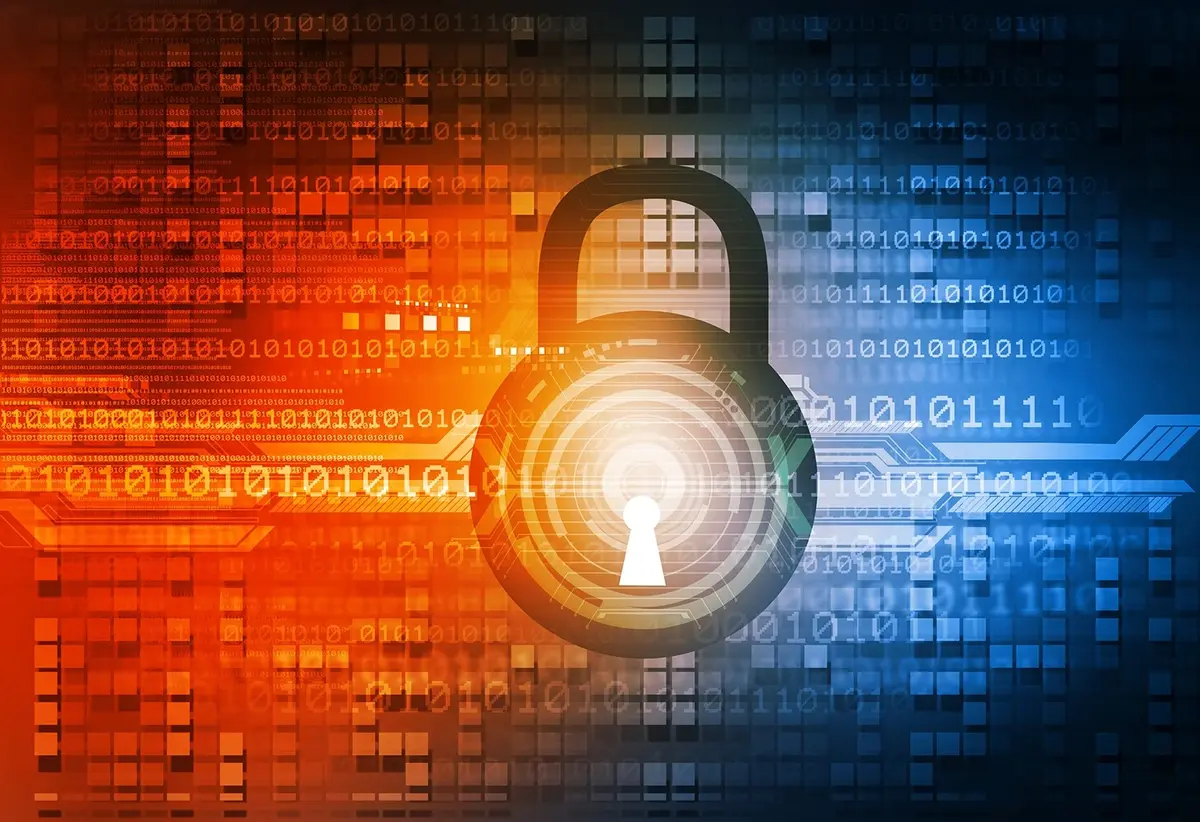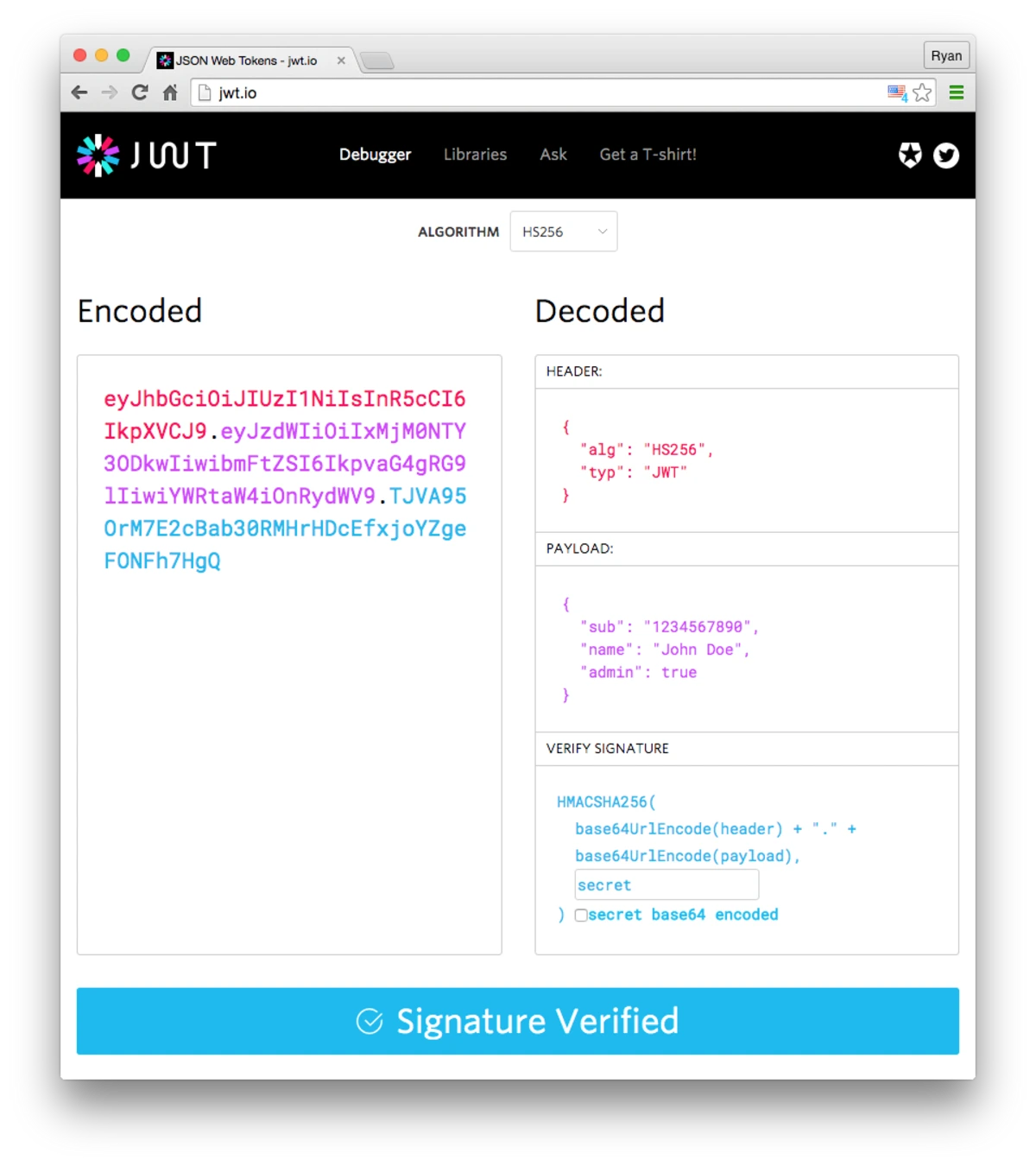Cybersecurity is becoming increasingly important in today’s digital age. With the growing number of cyber threats and the increasing amount of sensitive information being stored and transmitted online, it is more important than ever for businesses and individuals to implement strong security measures to protect themselves from cyber attacks.
Table of Contents
Cybersecurity: The Importance of Implementing Strong Security Measures in Today’s Digital Age in 2023
In today’s digital age, cybersecurity is no longer an option, it is a necessity. By implementing strong security measures and staying informed about the latest cyber threats, businesses and individuals can protect themselves and their sensitive information from cyber attacks.
1. The increasing number of cyber threats
The increasing number of cyber threats and the amount of sensitive information stored and transmitted online make it more important than ever to implement strong security measures.
1.1. Variety of Threats
The increasing number of cyber threats means that businesses and individuals need to be vigilant in protecting themselves. Cyber threats come in many forms such as malware, phishing scams, ransomware, and social engineering and can target various systems and devices, including computers, mobile devices, and servers.
1.2. Constant Updates
Cyber threats are constantly evolving, and new threats are emerging all the time. Businesses and individuals need to stay informed about the latest cyber threats and update their security measures accordingly. This means regularly updating software and antivirus programs, educating employees on identifying and avoiding phishing scams, and staying informed about new types of malware and other cyber threats.
2. Global spending on cybersecurity
Global spending on cybersecurity is expected to exceed $1 trillion between 2017 and 2021, highlighting the importance that businesses are placing on cybersecurity.
2.1. Increase in Investment
The increasing global spending on cybersecurity highlights the importance that businesses and organizations are placing on cybersecurity. As cyber threats become more sophisticated and frequent, organizations are investing more resources to protect themselves.
2.2. Business Necessity
Cybersecurity is no longer an option, it is a necessity. Businesses need to invest in cybersecurity to protect sensitive data and ensure that they are compliant with industry and government regulations. This includes implementing security measures such as firewalls, antivirus software, and employee education.
2.3. Keeping up with the latest technology
With the rapid advancement of technology and new innovations, it is important for organizations to keep up with the latest technology and tools in order to stay protected. This includes not just hardware and software but also the latest security practices and best practices.
3. Ransomware
Ransomware is a major threat facing businesses, with attacks expected to cost $11.5 billion annually by 2019.
One of the biggest cybersecurity threats facing businesses today is the rise of ransomware.
Ransomware is a type of malware that encrypts a victim’s files and demands a ransom payment in exchange for the decryption key.
3.1. Ransomware attack
Ransomware is a type of malware that encrypts a victim’s files and demands a ransom payment in exchange for the decryption key. These attacks can be devastating for businesses, as they can lead to the loss of sensitive data, financial loss, and damage to reputation.
3.2. Prevention and mitigation
To prevent ransomware attacks, businesses need to implement security measures such as regular software updates, employee education on how to spot and avoid phishing scams, and regular backups of important data. Additionally, businesses should have incident response plans in place to mitigate the effects of a ransomware attack, such as restoring data from backups and reporting the incident to the appropriate authorities.

4. Phishing scams
Phishing scams are also a major threat, with over 1.2 million unique phishing sites reported in 2016.
4.1. Phishing attacks
Phishing scams are fraudulent emails that aim to steal sensitive information such as login credentials or financial information. These attacks are becoming increasingly sophisticated, making it harder for individuals and businesses to identify and protect against them.
4.2. Employee education
Employee education is a key step in protecting against phishing scams. Employees should be trained on how to identify phishing emails, including common tactics such as creating a sense of urgency and using official-looking logos and branding.
4.2. Email security
Businesses should also implement security measures such as email filters, which are able to identify and block phishing emails before they reach the inbox. Additionally, businesses should consider using two-factor authentication for email accounts, which requires users to provide a second form of identification in addition to their password.
5. Implementing firewalls and using antivirus software
Implementing firewalls and using antivirus software are essential security measures for businesses.
5.1. Network protection
Implementing firewalls helps in protecting the network from unauthorized access, hacking and other malicious activities. Firewalls are the first line of defense that monitors and controls incoming and outgoing network traffic based on a set of security rules and protocols.
5.2. Malware protection
Antivirus software scans the computer and other devices for malware and other malicious software. Antivirus software can detect, quarantine and remove any malware that is found, thus protecting the system from harm. Antivirus software is important because it can detect and remove malware that may have slipped past the firewall, providing an additional layer of security.
6. Employee education
Employee education on how to spot and avoid phishing scams is crucial in preventing cyber attacks.
6.1. Importance of employee education
Employee education is a crucial component of cybersecurity. Employees are often the first line of defense against cyber threats, and they need to be aware of the risks and how to protect themselves and the organization from cyber attacks.
6.2. Coverage of topics
Employee education should cover a wide range of topics such as recognizing and avoiding phishing scams, the importance of strong passwords, safe browsing habits, and how to identify and report suspicious activity.
6.3. Regular training
Employee education should not be a one-time event, but a regular and ongoing process. As cyber threats are constantly evolving, employees need to be regularly trained on the latest threats and best practices for protecting against them.
6.4. Making it interactive
To make the education more effective and engaging, businesses should make use of interactive methods such as simulations, quizzes, and role-playing exercises to help employees understand and retain the information provided.
7. Multi-factor authentication
Multi-factor authentication is an effective way to add an additional layer of security to online accounts.
7.1. Extra layer of security
Multi-factor authentication (MFA) is an effective way to add an additional layer of security to online accounts. MFA typically requires users to provide two or more forms of identification, such as a password and a fingerprint or a password and a one-time code sent to a mobile device, in order to access an account.
7.2. Protects against account takeover
Multi-factor authentication helps to protect against account takeovers, where an attacker uses stolen login credentials to gain access to an account. With MFA, even if an attacker has the password, they will not be able to access the account without the second form of identification.
7.3. Industry Standards
MFA is a security standard for many industries, including financial services, healthcare, and government. Compliance with industry standards is important for maintaining the trust of customers and avoiding legal penalties.
7.4. Easy to implement
Multi-factor authentication is easy to implement and can be integrated with most existing systems, this means companies can improve their security without major changes to their current systems.
8. Regularly backing up important data
Regularly backing up important data can protect against the possibility of a ransomware attack.
8.1. Protection against Ransomware
Regularly backing up important data can protect against the possibility of a ransomware attack. Ransomware encrypts files and demands a ransom payment in exchange for the decryption key. If a business has a recent backup of their data, they can restore their files from the backup and avoid paying the ransom.
8.2. Recovery from disasters
Backing up data also helps in case of natural disasters, hardware failures, and other unexpected events. Having recent backups of data ensures that you can quickly restore the data and minimize the disruption to your business operations.
8.3. Multiple copies
It’s important to have multiple copies of the backup in different locations. This will ensure that the data can be recovered in case one of the backups gets compromised.
8.4. Automatic backups
Automating backups, which can be done with backup software, can save time and effort, and reduce the risk of human error. This makes it easier to ensure that backups are performed regularly and that the data is up-to-date.
9. The use of cloud services and mobile devices
The use of cloud services and mobile devices in the workplace increases the need for strong security measures.
9.1. Cloud security
The use of cloud services for data storage, processing, and other applications increases the need for strong security measures. Cloud providers typically have their own security measures in place, but businesses also need to implement their own security measures to protect their data and applications in the cloud. This includes encryption, access controls, and monitoring for suspicious activity.
9.2. Mobile device security
The use of mobile devices for work purposes can also increase the risk of security breaches. Businesses should implement security measures such as mobile device management (MDM) software, remote wipe capabilities, and the use of mobile device security apps to protect the sensitive data on the mobile devices and avoid unauthorized access.
Also Read: Polo Forest
10. Staying informed about the latest cyber threats and updates on security measures
Staying informed about the latest cyber threats and updates on security measures will help businesses stay ahead of the cyber threats.
To protect against these and other cyber threats, businesses and individuals need to implement strong security measures.
Additionally, businesses should consider implementing multi-factor authentication and regularly backing up important data to protect against the possibility of a ransomware attack.
10.1. Constant Evolution
Cyber threats are constantly evolving and new threats are emerging all the time. Staying informed about the latest cyber threats and updates on security measures will help businesses stay ahead of the cyber threats and implement the necessary measures to protect themselves.
10.2. News and publications
Subscribing to cybersecurity news and publications, attending conferences, and following cybersecurity experts on social media are great ways to stay informed about the latest cyber threats and security measures.
10.3. Regularly update software
Regularly updating software and antivirus programs is also important to ensure that systems are protected against the latest threats. This includes not just the Operating systems but also the other software that you use on the regular basis.
10.4. Stay informed with the best practices
Staying informed on the best practices and guidelines by the industry leaders, regulatory bodies and government organizations will help organizations to understand the latest regulations, policies and guidelines that they need to comply with.
FAQ
Q: Why is cybersecurity important in today’s digital age?
A: Cybersecurity is important because of the increasing number of cyber threats and the amount of sensitive information that is stored and transmitted online. Businesses and individuals need to implement strong security measures to protect themselves from cyber attacks and protect their sensitive information.
Q: What is the impact of ransomware on businesses?

A: Ransomware is a type of malware that encrypts a victim’s files and demands a ransom payment in exchange for the decryption key. Ransomware attacks are expected to cost businesses $11.5 billion annually by 2019, which highlights the serious impact that ransomware can have on businesses.
Q: How can businesses protect themselves from phishing scams?
A: Businesses can protect themselves from phishing scams by educating employees on how to spot and avoid phishing attempts, implementing firewalls and using antivirus software, and implementing multi-factor authentication for online accounts.
Q: What are the best security measures for businesses to implement?
A: The best security measures for businesses to implement include firewalls, antivirus software, employee education on how to spot and avoid phishing scams, and multi-factor authentication. Regularly backing up important data can also protect against the possibility of a ransomware attack.
Q: How can businesses stay informed about the latest cyber threats?
A: Businesses can stay informed about the latest cyber threats by subscribing to cybersecurity news and publications, attending conferences, and following cybersecurity experts on social media.
Q: What are the potential consequences of not implementing adequate security measures?
A: Not implementing adequate security measures can lead to a data breach, loss of sensitive information, financial loss, damage to reputation and loss of customers trust and confidence.
References:
- Cybersecurity Ventures, “Cybercrime Report,” https://cybersecurityventures.com/cybercrime-report-2016/
Conclusion
Cybersecurity is a critical concern for businesses and organizations in today’s digital age. The growing number of cyber threats and the increasing amount of sensitive information being stored and transmitted online make it more important than ever for businesses to implement strong security measures to protect themselves from cyber attacks.
According to a report by Cybersecurity Ventures, global spending on cybersecurity is expected to exceed $1 trillion between 2017 and 2021, highlighting the importance that businesses are placing on cybersecurity. One of the major threats facing businesses today is the rise of ransomware, a type of malware that encrypts a victim’s files and demands a ransom payment in exchange for the decryption key.
Another major threat is the increasing use of phishing scams, fraudulent emails that aim to steal sensitive information. To protect against these and other cyber threats, businesses need to implement strong security measures such as firewalls, antivirus software, and educating employees on how to spot and avoid phishing scams.
You may also wanted to read: Unleash the Power of Cloud Computing: A Step-by-Step Guide to Mastering the Technology in 2023










